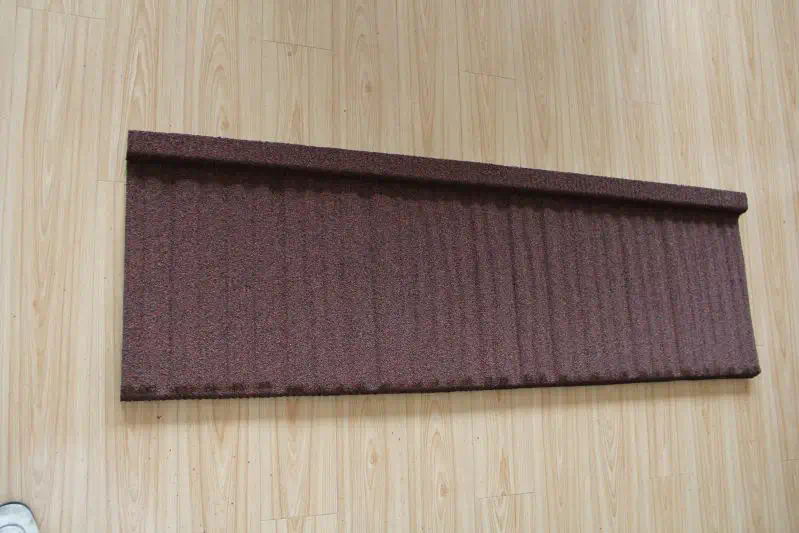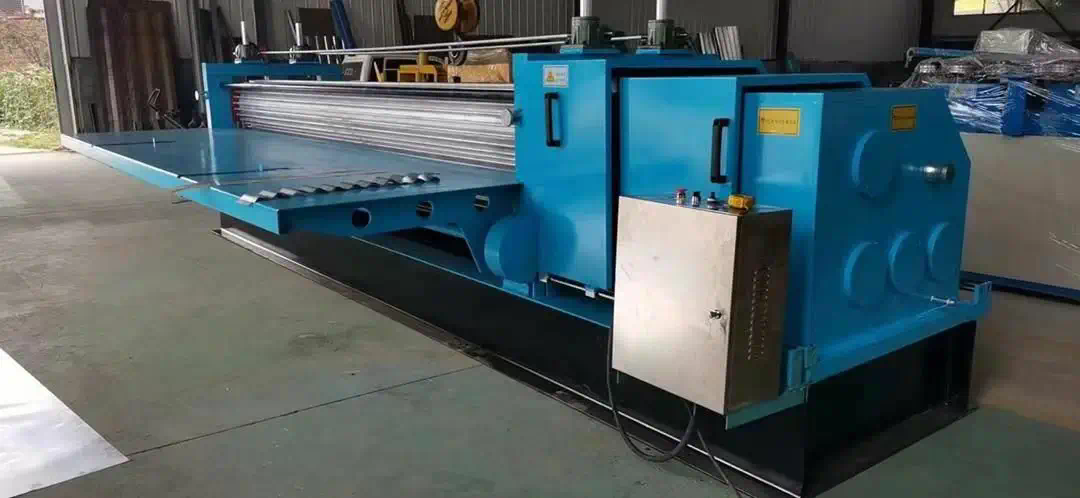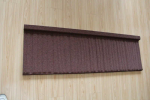Intelligent manufacturing and CNC (Computer Numerical Control) technology have been at the forefront of revolutionizing the manufacturing industry in recent years. The integration of these two fields has led to significant advancements in efficiency, productivity, and flexibility within manufacturing processes. This article aims to explore the trends in the integration of intelligent manufacturing and CNC technology, delving into the various applications, benefits, and challenges associated with this convergence.
Intelligent manufacturing, also known as smart manufacturing, incorporates cutting-edge technologies such as artificial intelligence, big data analytics, IoT (Internet of Things), and automation to optimize production processes. On the other hand, CNC technology involves the use of computer-controlled machines to execute precise manufacturing tasks. By combining the capabilities of intelligent manufacturing and CNC technology, manufacturers can achieve higher levels of precision, speed, and customization in their operations.
Enhancing Efficiency and Accuracy through Integration
One roller bender of the key trends in the integration of intelligent manufacturing and CNC technology is the focus on enhancing efficiency and accuracy in manufacturing processes. By leveraging artificial intelligence and data analytics, manufacturers can optimize production schedules, predict maintenance needs, and identify opportunities for process improvement. This proactive approach helps minimize downtime, reduce waste, and ensure consistent product quality.
Predictive Maintenance for Improved Reliability
Predictive maintenance is a critical aspect of intelligent manufacturing that can be seamlessly integrated with CNC technology. By analyzing machine data in real-time, manufacturers can anticipate potential equipment failures before they occur, allowing for timely repairs and maintenance. This predictive approach not only minimizes unplanned downtime but also extends the lifespan of machinery, leading to cost savings and improved overall reliability.
Personalized Manufacturing Solutions for Diverse Needs
Another significant trend in the integration of intelligent manufacturing and CNC technology is the rise of personalized manufacturing solutions to meet diverse customer needs. With the ability to collect and analyze vast amounts of data, manufacturers can tailor their products to individual specifications, leading to greater customer satisfaction and market competitiveness. CNC machines play a crucial role in enabling this level of customization by executing complex machining tasks with high precision and consistency.
Agile Production Processes for Rapid Adaptation

Agility is paramount in today’s fast-paced manufacturing environment, where market demands are constantly evolving. The integration of intelligent manufacturing and CNC technology enables manufacturers to implement agile production processes that can quickly adapt to changing requirements. By utilizing real-time data and automation capabilities, companies can reconfigure production lines, adjust workflows, and introduce new products with minimal lead time, ensuring flexibility and responsiveness in the face of market fluctuations.
Overcoming Challenges and Embracing Innovation

While the integration of intelligent manufacturing and CNC technology offers numerous benefits, it also presents challenges that manufacturers must address to fully leverage its potential. One such challenge is the need for skilled labor capable of operating and maintaining advanced technologies. Training programs and educational initiatives are essential to equip workers with the necessary skills to effectively utilize intelligent manufacturing and CNC systems.
Cybersecurity Concerns in the Digital Age
Cybersecurity is another critical challenge that manufacturers face when integrating intelligent manufacturing and CNC technology. As interconnected systems become more prevalent in manufacturing environments, the risk of cyber threats and data breaches increases. Implementing robust cybersecurity measures, such as encryption, authentication protocols, and intrusion detection systems, is crucial to safeguarding sensitive information and maintaining operational integrity.
In conclusion, the integration of intelligent manufacturing and CNC technology represents a transformative trend in the manufacturing industry, driving innovation, efficiency, and competitiveness. By harnessing the power of artificial intelligence, data analytics, and automation, manufacturers can optimize production processes, customize products, and adapt to changing market dynamics with agility and precision. While challenges exist, such as the need for skilled labor and cybersecurity concerns, the benefits of this integration far outweigh the obstacles. As technology continues to advance, the convergence of intelligent manufacturing and CNC technology will undoubtedly shape the future of manufacturing, ushering in a new era of productivity and innovation.
https://ortumeta.com/
